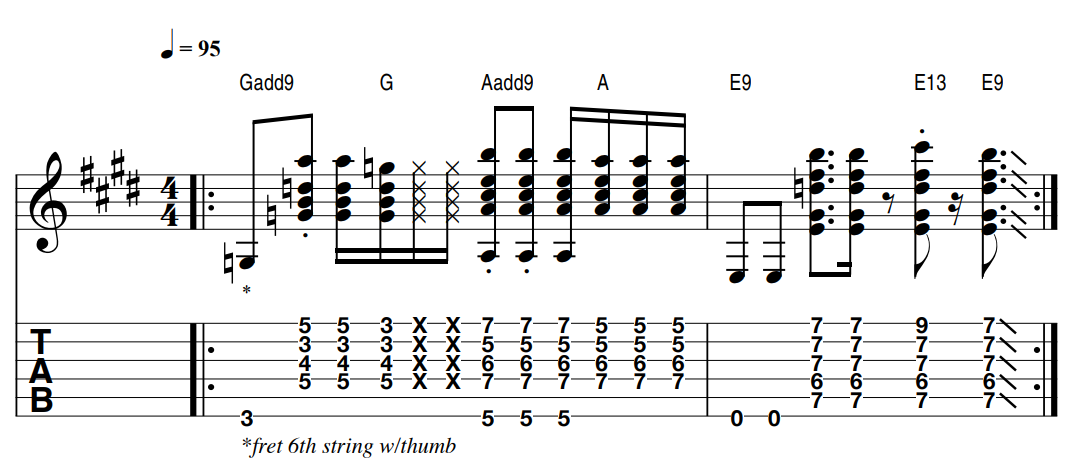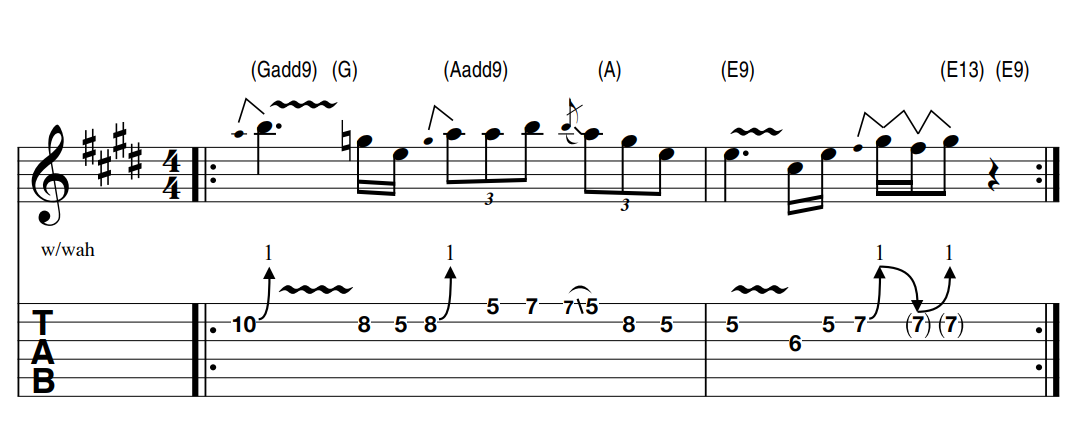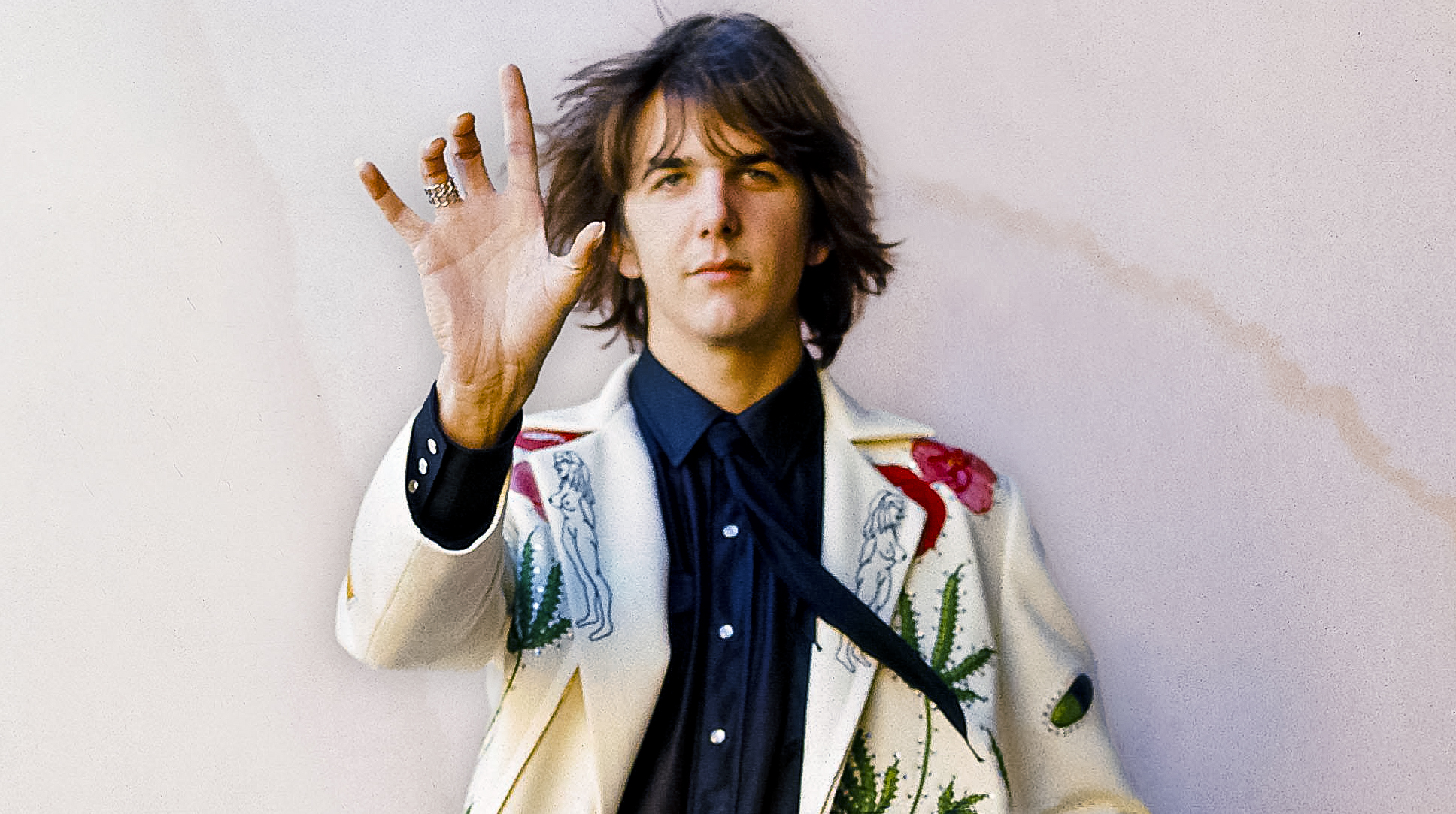“Being Afraid to Try Is Not Going to Help You Expand”: Eric Gales Shares Some of His Best Guitar Playing Tips
From runs in fives to using less obvious scales and extended chords, the electric guitar master explains how to “sound more unique and less predictable”

“I am quite fond of runs in fives, for some reason,” Eric Gales explains. “Though it’s an odd number, and people might think fours make more sense, it can sound more unique. And actually, if you blend fours and fives, it won’t sound repetitive.
I can’t say I always 100 percent know what mode or scale I’m playing. I just know if it sounds good
Eric Gales
“I like skipping between five to four to two to three, and mixing them all up in no particular pattern. That’s what will make your riff or lick sound a bit different. I can’t necessarily take credit for that. I attribute it to listening to players like Frank Marino, Eric Johnson and SRV. Eric in particular has a way of doing it that really rubbed off on me.
“As for other things I do to sound more unique and less predictable, I like to throw some less obvious scales and chords into my arsenal. I can’t say I always 100 percent know what mode or scale I’m playing. I just know if it sounds good. That’s why I leave it up to you guys to put a name to it all – like ‘using E Phrygian-dominant over an A blues’!
“I like mixing different ‘recipes’ together. The extended chords – that all came from listening to gospel cats, especially keyboard and organ players who use a lot of passing chords. Those clusters have been hugely inspirational to me. I wanted to try and incorporate it into my guitar vocabulary, and somehow it worked out pretty damn good for me.
“When I’m at home, I try to go to church every Sunday and listen to more chords. It’s a great reference point for me. I like picking out the modes and the embellishments, because they sound amazing to me.
Ultimately, you can only find out by trying. Being afraid to try is not going to help you expand
Eric Gales
“Ultimately, you can only find out by trying. Being afraid to try is not going to help you expand. I’ve paid attention to different styles, from jazz to country to rock to gospel. They all bring different nuances to my own playing. All of my music comes from within. I’ve been through quite a bit of stuff. I play from that vantage point, and it gets pretty deep. There are never any lies with me. Hopefully it shows!”
Gales’ love of extended chords is the basis for Ex. 1. Like Jimi Hendrix, Jimmy Page and other blues-rock guitarists who were born with big hands, Gales makes great use of the technique of fretting the low E string with his thumb, which effectively frees his other fingers to embellish the chords he plays with added notes and “extensions.”
All the latest guitar news, interviews, lessons, reviews, deals and more, direct to your inbox!

The accompanying audio file for this example features a guitar played through a rotary speaker effect, but a chorus pedal set with a fast rate and medium depth will conjure up a similar vibe.
Gales also likes to use his Bob Bradshaw-designed Dunlop wah pedal to add expression to his licks, and Ex. 2 gives you some good opportunities to put your own wah to use. Gales describes his wah as a Cry Baby-esque “nasal ‘weeeeh’ rather than a darker ‘waaaargh.’”

Make of that what you will, but suffice to say that, here, we’re using our wah to accentuate the longer notes in the lick.
That means no “waka-waka” rhythms.
Just play by feel, Gales style.
Guitar Player is the world’s most comprehensive, trusted and insightful guitar publication for passionate guitarists and active musicians of all ages. Guitar Player magazine is published 13 times a year in print and digital formats. The magazine was established in 1967 and is the world's oldest guitar magazine. When "Guitar Player Staff" is credited as the author, it's usually because more than one author on the team has created the story.
